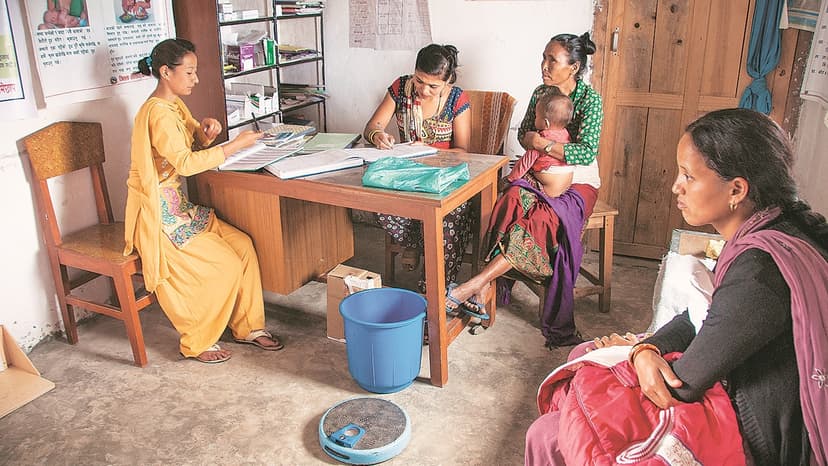Home / Health / Vitamin Deficiencies Pose Hidden Hunger Risk for Pregnant Women in India
Vitamin Deficiencies Pose Hidden Hunger Risk for Pregnant Women in India
17 Nov, 2025
Summary
- 18.7% of women in India are underweight
- 57% of women in reproductive age suffer from anaemia
- Poor maternal nutrition affects fetal growth, leading to long-term health risks

As of November 17th, 2025, maternal undernutrition remains a significant public health issue in India. Approximately 18.7% of women in the country are underweight, and 57% of women of reproductive age suffer from anaemia.
This poor maternal nutrition, both before and during pregnancy, has far-reaching consequences. It affects fetal growth, leading to long-term developmental and metabolic risks for the child. Not only does this harm the mother's health, increasing risks during pregnancy and childbirth, but it also perpetuates an intergenerational cycle of malnutrition and stunting.
According to Dr. Ambrish Mithal, chairman of Endocrinology at Max Healthcare, this is a "hidden hunger" where women may be consuming enough calories but lack essential vitamins and minerals. This "hidden hunger" can blunt a child's cognitive and physical potential, as poor fetal nutrition raises the risk of diabetes and heart disease later in life.




